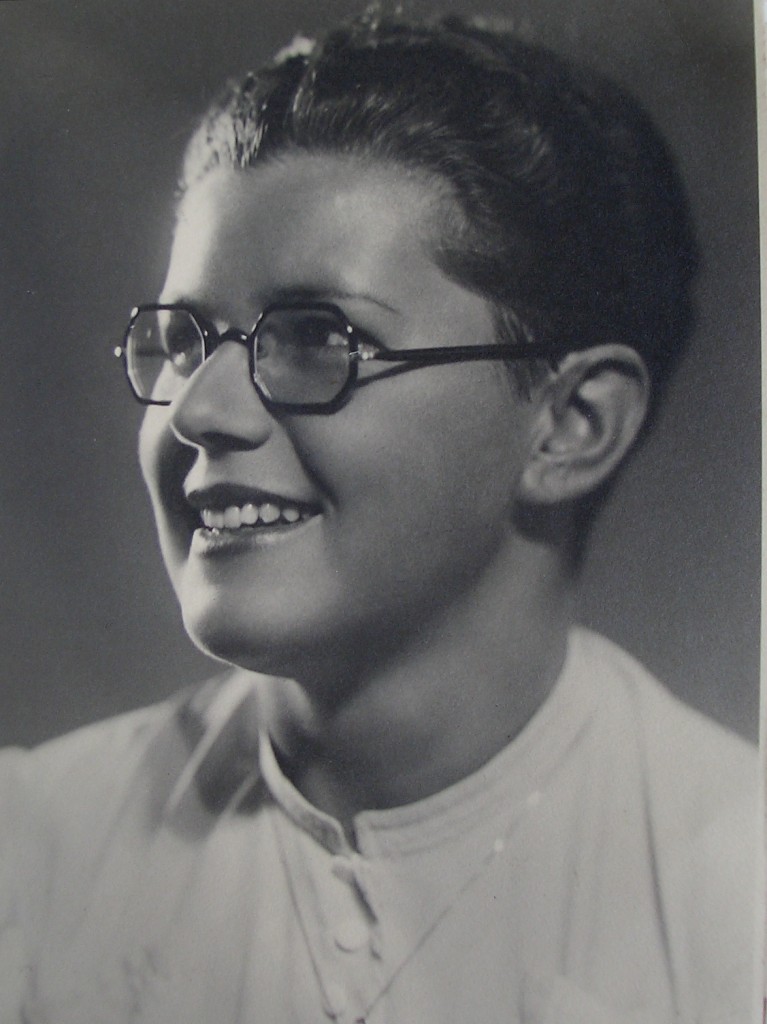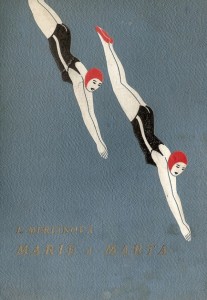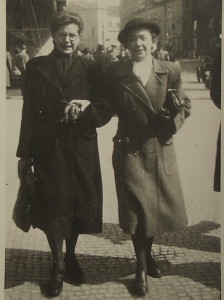languages
Thursday 23 February: Trans Identities on Screen: Local and Global Perspectives
February 20, 2017
by Lewis Brennen
Join us in celebrating LGBT History Month 2017 with a free event on the subject of Trans Identities on Screen: Local and Global Perspectives, to be held on Thursday 23rd February at 6pm in Avenue 65/1133 (LTA).
The event will include a screening of Tchindas (Cape Verde, 2016) and THEY (UK, 2016), followed by a Q&A on queer and trans representation in film, with local artist and maker of THEY, Asten Holmes-Elliott, and Helen Wright, director of the Scottish Queer International Film Festival (SQIFF). Wine and snacks will be provided.
All are very welcome! Please do share with anyone you think may be interested, including UG/PG students.
This event is kindly sponsored by the Department of Modern Languages, the Pulse LGBT+ Staff Network, and the AHRC-funded project Calling the Shots: Women and Contemporary UK Film Culture.
With best wishes,
Eleanor K. Jones and Sophie Holmes-Elliott (Modern Languages)
The Gay Word documentary, Bernie Grant Arts Centre, Tottenham, London, 19 September 2015
September 10, 2015
by Laurence Georgin
ALL Welcome!
Doors open 17.00, film starts at 17.30 (run time 50 minutes)
The documentary will be followed by a Q&A with the producer, Amy Ashenden. There will also be a bar open til 22.00 with drinks and refreshments. Arrive early for the best seats!
Nearest tube: Seven Sisters, 5 min walk (take the High Road exit and continue towards Tesco, just past Haringey college bear left onto Town Hall Approach Road and the Bernie Grant Arts Centre is on your left).
Register at http://www.eventbrite.com/e/the-gay-word-documentary-premiere-screening-qa-with-producer-tickets-18179268682
The Gay Word trailer: https://youtu.be/cItd4S0L4ug
The Gay Word is a documentary about the recent trend of saying the word ‘gay’ negatively to mean rubbish, uncool, or embarrassing. Amy Ashenden travels around the South East of England to find out why some people have started to say ‘eurgh that’s gay’. Is it homophobic or has language evolved?
Amy Ashenden asks gay and straight people, young and old, why it makes certain people deeply offended and others less phased. At Stonewall’s HQ in the city centre of London, Amy speaks to the largest gay rights organisation in Europe, which is campaigning against the word ‘gay’ being used negatively, and travels to meet the university academic who claims it’s harmless. She also speaks to teachers, parents, a LGBT+ activist, a transgender male, and young people still in school to find out where the trend of saying “that’s so gay” negatively comes from, and if it should be stopped.
Amy Ashenden is a BA French and Spanish graduate from the University of Southampton. She freelances for the Guardian<http://www.theguardian.com/profile/amy-ashenden>, is the former editor of the Guardian Student Website of the Year 2013, The Student Journals<http://studentjournals.co.uk/>, and has previously produced Working for Nothing<https://youtu.be/eRSVbNcHjJc> – a documentary about unpaid internships in the UK, which featured an interview with the leader of the Green Party, Natalie Bennett.
If you can’t go, there will be a showing of Amy’s work at the University in February. More about it soon!
“Exiles of Love”: Lída Merlínová and the World of the Czech Lesbian
August 6, 2013
by Laurence Georgin
 Homosexuality in Czech culture and society is only recently being explored by Czech historians and usually the focus is on the homosexual male. This research project focuses instead on Czech lesbians during the period 1918-1945 and especially the work of the popular (yet now largely unknown writer) Lída Merlínová. In 1929 she published the first lesbian novel in Czech, Exiles of Love (Vyhnanci lásky), in a print run of 4000 which quickly sold out. In the 1930s she went on to write for the homosexual journal Voice of the Sexual Minority, and to publish a series of ‘women’s novels’ and books for adolescent girls.
Homosexuality in Czech culture and society is only recently being explored by Czech historians and usually the focus is on the homosexual male. This research project focuses instead on Czech lesbians during the period 1918-1945 and especially the work of the popular (yet now largely unknown writer) Lída Merlínová. In 1929 she published the first lesbian novel in Czech, Exiles of Love (Vyhnanci lásky), in a print run of 4000 which quickly sold out. In the 1930s she went on to write for the homosexual journal Voice of the Sexual Minority, and to publish a series of ‘women’s novels’ and books for adolescent girls.
 The purpose of the research project is to analyse with an eye on their portrayal of lesbian identities; to set them against other ‘racier’ novels such as The Third Sex by Gil Sedlačková (1937); and to provide a fuller picture of what it could mean to live the life of a lesbian in interwar Czechoslovakia and in the years of the Nazi Protectorate.
The purpose of the research project is to analyse with an eye on their portrayal of lesbian identities; to set them against other ‘racier’ novels such as The Third Sex by Gil Sedlačková (1937); and to provide a fuller picture of what it could mean to live the life of a lesbian in interwar Czechoslovakia and in the years of the Nazi Protectorate.

Since all Merlínová’s works were put on the Communist index in 1948, many are missing from Czech libraries, yet her writings are an undiscovered part of the ‘lesbian cannon’ which deserves integration into a new European history of gender and sexuality.
Contact for more information
 Name: Prof Mark Cornwall
Name: Prof Mark Cornwall
E-mail: J.M.Cornwall@soton.ac.uk
